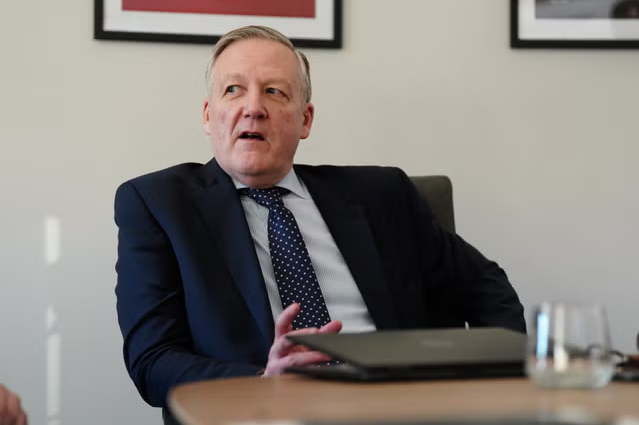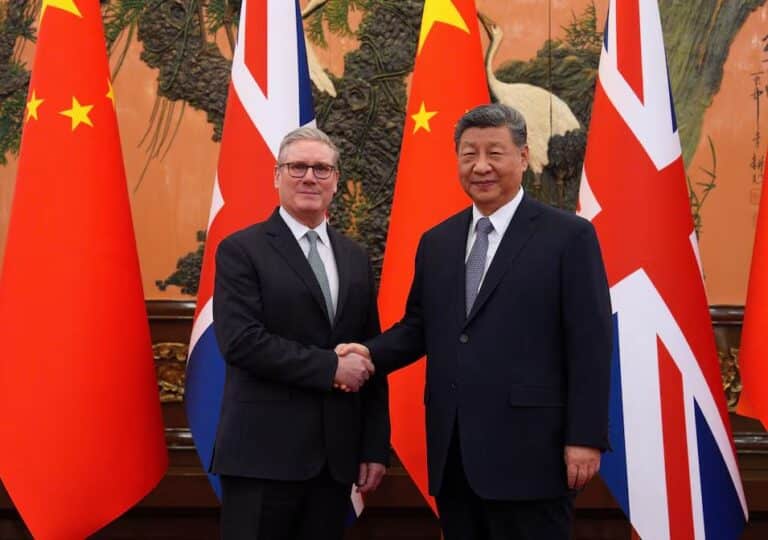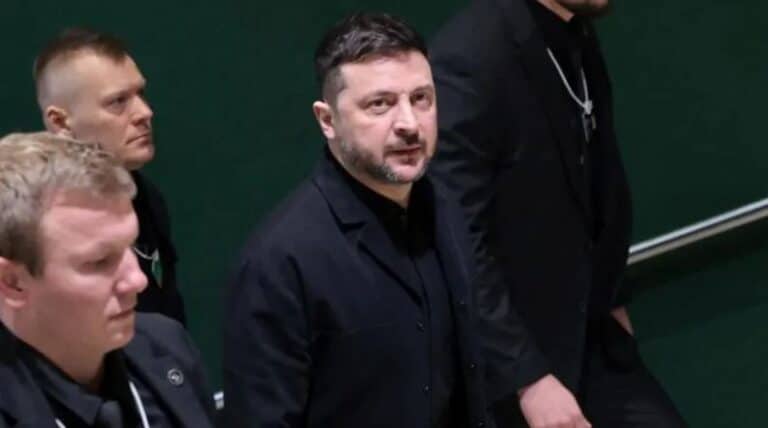
The Intelligence and Security Committee (ISC) has issued a formal demand to the UK government, seeking to uncover why it was kept in the dark for two years regarding a massive Afghan data breach that exposed the personal details of up to 100,000 Afghans during the Taliban takeover. The breach has been described as one of the most serious intelligence oversights in recent years, costing taxpayers billions of pounds and placing countless lives at risk.
The ISC, which has statutory powers to oversee and scrutinize intelligence matters, only learned of the breach after a superinjunction was lifted on Tuesday. According to committee chair Lord Beamish, there were “no legal grounds” for withholding this information, calling the secrecy unprecedented and appalling.
Details of the Breach
- The leak occurred when an unnamed official, who was not dismissed, mistakenly sent an email containing a datasheet of thousands of Afghan contacts instead of the intended 150 names.
- These individuals were linked to evacuation efforts under the ARAP (Afghan Relocations and Assistance Policy) scheme, leaving them vulnerable to Taliban reprisals.
- Former Defence Secretary Sir Ben Wallace admitted full responsibility for the breach and the decision to initially seek a superinjunction to suppress its details.
Committee’s Demand for Transparency
In a strongly worded letter, Lord Beamish confirmed the committee has:
- Requested immediate access to Defence Intelligence and Joint Intelligence Organisation assessments, as well as all other material referenced in Mr. Justice Chamberlain’s July 15 judgment.
- Invoked its statutory powers under the Justice and Security Act 2013, which prevents classification or sensitivity from being used as a reason to withhold information.
- Signaled the possibility of a formal inquiry, indicating that current and former ministers and officials could be summoned for questioning.
Lord Beamish criticized the government’s approach, stating:
“This has never happened before in my experience. The idea that defence-related information cannot be shared with us is complete nonsense. The avoidance of scrutiny is appalling.”
Political Fallout
- Armed Forces Minister James Heappey apologized, describing the incident as “gut-wrenching.”
- Former Prime Minister Rishi Sunak and ex-Defence Secretary Sir Grant Shapps, both involved in the initial cover-up, have not publicly commented.
- Labour Defence Secretary John Healey lifted the superinjunction after a review concluded that the risk of Taliban retaliation had reduced over time.
Senior ministers have privately expressed “total shock” upon discovering the breach and the extraordinary secrecy measures taken by the previous administration.
The ISC now appears determined to hold the government to account, signaling that the failure to disclose the breach could trigger wider scrutiny of intelligence and defence oversight practices in the UK.







